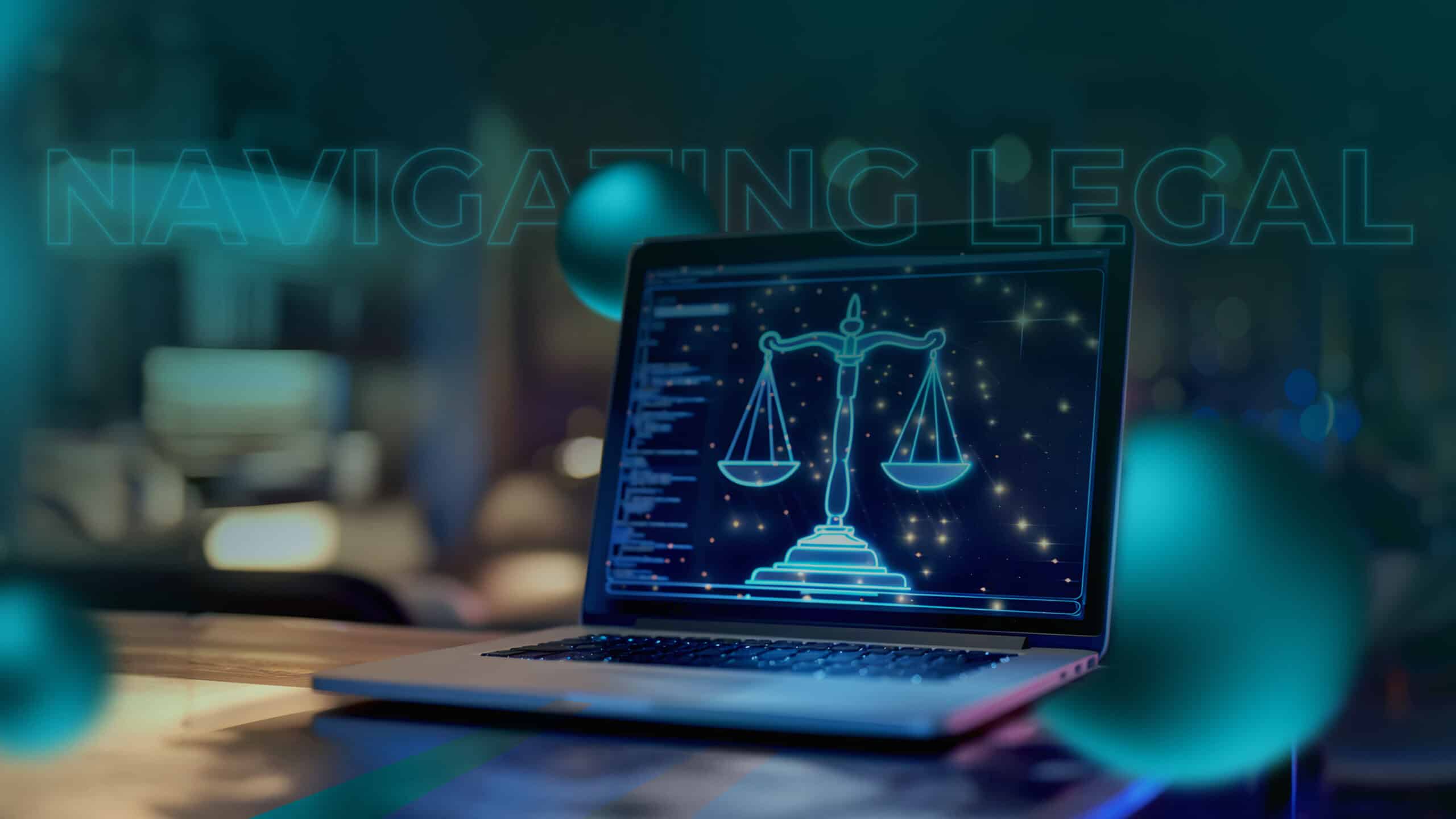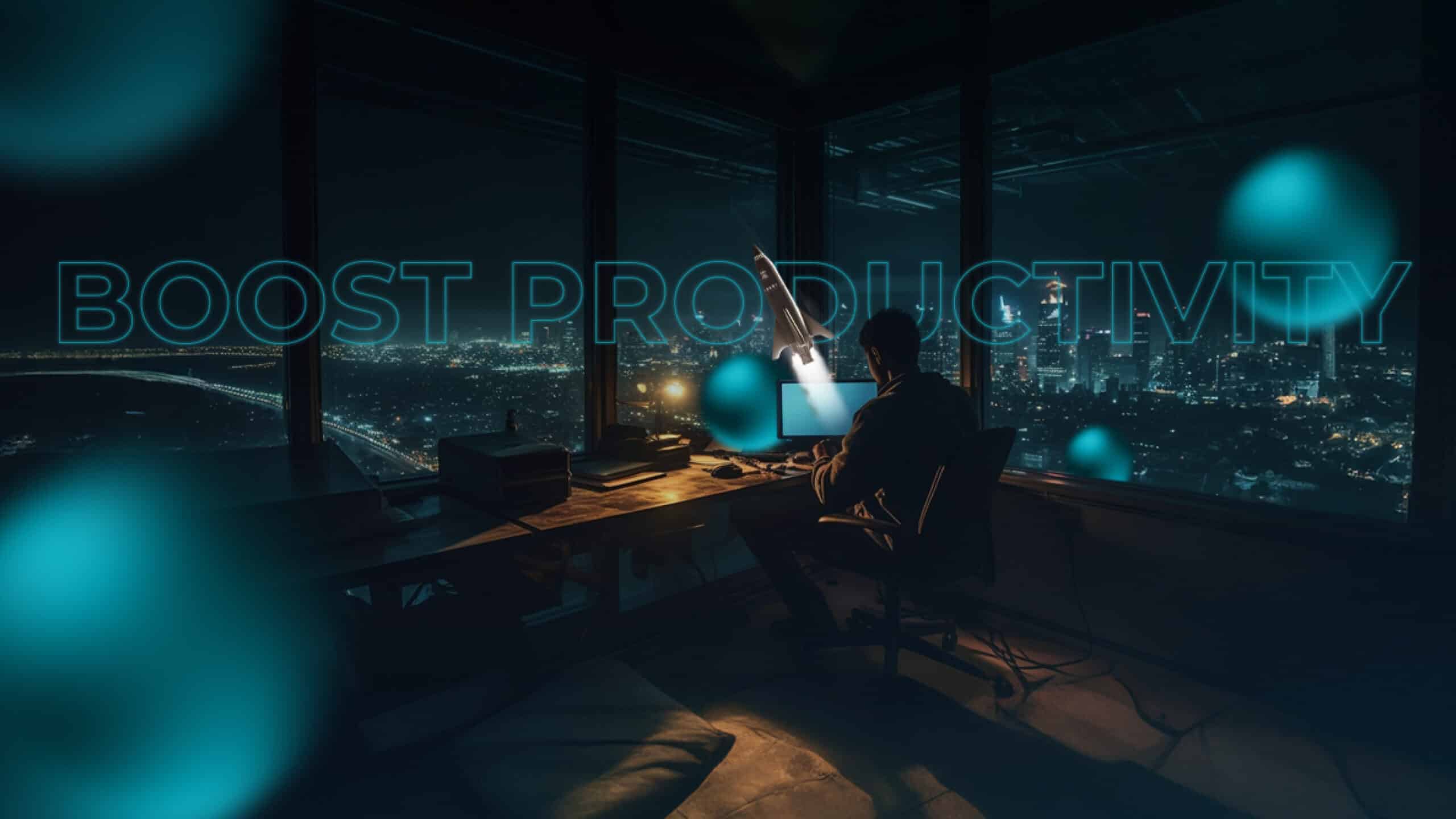What Are Some Roles Required on an AI Team
The potential of artificial intelligence (AI) is being realized by organizations at an astonishing rate. According to a 2022 McKinsey report, an impressive 50% of organizations have already embraced AI, marking a significant milestone. This surge can be attributed, in part, to the streamlined implementation offered by no-code and low-code AI solutions, as well as big data development.

But what if you’re looking to deploy your bespoke AI technology? Who should you hire? What are some roles required on an AI team?
For your organization to truly maximize the benefits of AI and ensure seamless integration, it is vital to comprehend the key roles that contribute to a thriving AI team. These roles play a pivotal part in driving innovation, overcoming challenges, and unlocking the full potential of AI technology.
In this insightful article, we delve into the important roles you need on AI team. From seasoned data scientists to skilled AI engineers, we uncover the expertise and skills required to navigate the complexities of AI projects. By assembling a diverse and capable team, organizations can harness the power of AI to drive meaningful results and gain a competitive edge in today’s technology-driven landscape.
Read on.
How to Start Building an AI Team
Building an AI team involves a systematic approach. Begin by first defining the different roles in AI development that you need, considering technical, analytics, and soft skills.
Once skill requirements are identified, decide whether to hire in-house, outstaffing, or outsourcing. Outsourcing and outstaffing can be effective way to fill in gaps. You can use it to bring in outside expertise or add extra resources without the costs of in-house options. On the other hand, if you’re looking for more control over the process, an in-house team might be the right solution.
Lastly, prioritize the business value the team brings. Look beyond technical capabilities and consider how their skills align with profit growth, enhanced customer service, and broader business strategies.
Key AI Team Roles
Here are some of the essential roles of an AI team.
Data Scientist
A data scientist is a crucial role in an artificial intelligence team. This individual typically interfaces with business analysts, product engineers, and ML engineers to extract meaningful insights from complex datasets.
These insights will provide information that can help improve ML models. They also work closely with stakeholders to understand business objectives and formulate data-driven solutions. They clean and preprocess data, perform exploratory data analysis, and create predictive and prescriptive models. Data science outsourcing is one of the best ways to get experts in this field.
A data scientist will need programming skills in languages like Python, SQL, Perl, C/C++, and Java. He or she will also have expertise in machine learning, AI, deep learning, and statistics.
Data Engineer
Data engineers are essential for managing and optimizing artificial intelligence data infrastructure. Their job is to design, build, and maintain data pipelines, ensuring the efficient flow of information between different systems.
A data engineer eliminates the need for the data scientist or ML engineer to sort through data before building models. This helps to improve the team’s productivity. They frequently collaborate with software developers and product managers to find fresh sources of unprocessed data or to hunt down and solve any problem with already-existing data sources.
A data engineer should have good coding and engineering skills in languages like SQL, Python, C++, and Java.
AI Software Engineer
An AI software engineer plays a vital role in implementing AI models in production systems. They work closely with data scientists and machine learning engineers to design front-end systems, integrate data sources, establish APIs and user interfaces, and construct frameworks that enable artificial intelligence functions.
Depending on the project scope, an ML engineer may handle AI software engineering tasks. This is because both roles share the objective of ensuring the seamless installation and integration of ML models into production systems.
An AI software engineer must be proficient in programming languages such as Python, R, Java, and C++, as well as have an understanding of software development techniques and AI frameworks/libraries.
ML Researcher/ML Engineer
ML researchers and ML engineers are essential roles in developing and implementing learning models. ML researchers specialize in advancing specific domains within the ML field, aligning with their organization’s broader and often long-term goals.
They typically work on research reports, academic papers, and interactive proofs of concept. ML engineers, on the other hand, focus on deploying and operationalizing ML models that data scientists build and making sure that those models work at scale in a real-world environment. ML engineers possess strong programming skills, knowledge of ML frameworks, and experience in working with large datasets.
Chief AI Officer
The Chief AI Officer (CAIO) is a strategic role that provides leadership and guidance in implementing artificial intelligence initiatives within an organization. They define the project’s roadmap, align strategies with business objectives, and oversee AI projects’ execution.
The CAIO collaborates with stakeholders across different departments to identify opportunities and ensure alignment with organizational goals. They possess a comprehensive understanding of artificial intelligence, ethical considerations, and regulatory requirements.
A typical CAIO will also have a background in product management, ML, and in-depth knowledge of IT privacy standards and data security.
Additional Roles You May Need in an AI Team to Improve its Efficiency and Full-stack Skill
As your project scales, you may find that there are a few more AI team positions to fill. Some of these potentially needed roles are:
Data Analytics Lead
The data analytics lead is responsible for extracting valuable insights from collected data and ensuring its usability for the team. They organize, process, and develop analytics reports to drive data-driven decision-making and enhance operations. This role becomes increasingly valuable as the team grows or reaches a level of maturity within the larger enterprise AI group.
AI Sponsor
The AI Sponsor is a key role responsible for championing and supporting AI initiatives within an organization. They act as advocates for artificial intelligence adoption and play a crucial role in securing resources, budgets, and support from senior leadership. The Sponsor helps align projects with the organization’s strategic goals, ensuring that AI projects receive the necessary buy-in and endorsement.
Where to Find Specialists for an Effective AI Team
Building an AI team requires careful consideration of roles and finding the right talent. Here’s a streamlined approach:
First, clearly outline the leadership, development, and data science roles within the team, establishing the core responsibilities and skill requirements for each position.
Once you’ve mapped out the roles, it’s time to look for the right people. You can use websites like Upwork, Fiverr, Guru, and Toptal to find freelance professionals specializing in specific AI areas or to hire professionals with diverse expertise
You can also consider hiring from academia. For example, universities and other higher-level schools may have a team of experts who can join your organization. You can search for talent through alumni organizations and, in some cases, contact professors directly.
You may not need to hire full-time employees though. A growing trend for AI team roles is to outsource specific tasks and hire consultants with the required skills. Partnering with a reliable IT outstaffing company allows access to a global pool of IT talents for more flexible and cost-effective solutions.
How Newxel Can Help with Recruiting Talent for Your AI Team
As the number of companies adopting AI and machine learning grows, so too will the demand for the right specialized personnel to fill out their teams. This is where Newxel comes in. Newxel is a leading IT partner that can assist you in recruiting quality talent for your AI team.
Newxel has access to a wide pool of talent with expertise in various AI technologies and frameworks, including AI specialists, data scientists, machine learning engineers, and developers.
We can help you search for, screen, assess, interview, hire, and onboard talents so that in five weeks or less, you can have your team set and ready to go. We can also help you set up an R&D center, including top-of-the-range equipment and work tools in an environment that encourages hitch-free work. And best of all, our dedicated back-office support is there to address all your concerns and handle everyday administrative tasks.
By leveraging Newxel’s expertise and resources, you can access top talents quickly and efficiently. Whether you’re looking at how to hire a big data developer or want to build an entire AI team, Newxel can assist you in finding the right professionals to drive your artificial intelligence initiatives forward.
Conclusion
Building a successful AI team requires a diverse range of roles. As such, recruiting the right people for your team is a crucial step for any organization. However, getting the right talent can be challenging. But with Newxel, you can rest assured that your team will have the skills and knowledge to make a meaningful impact on your project.







